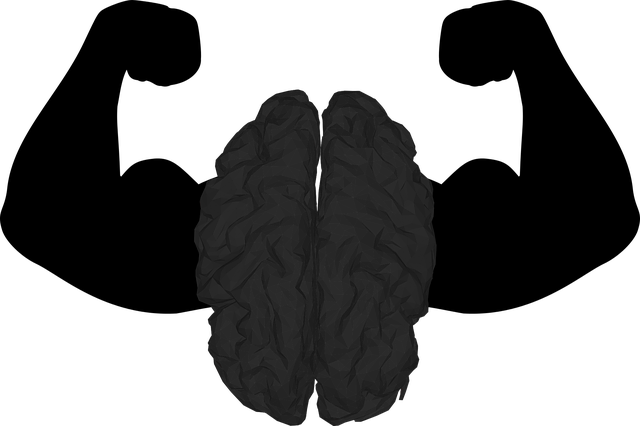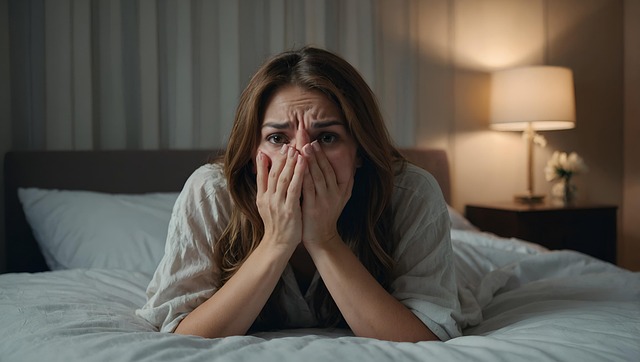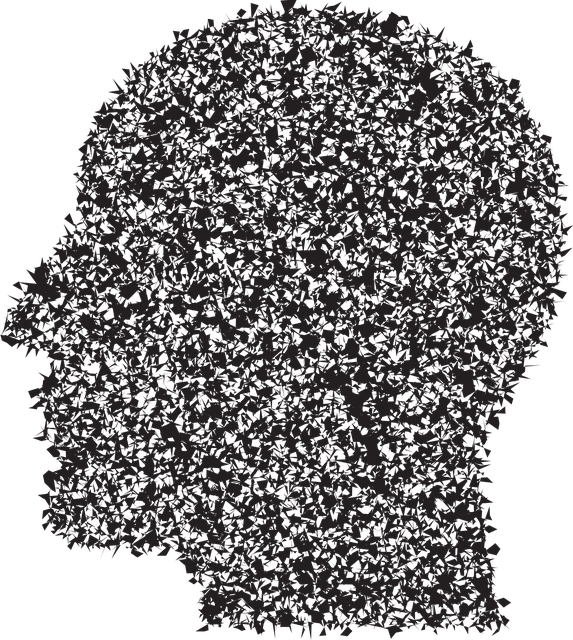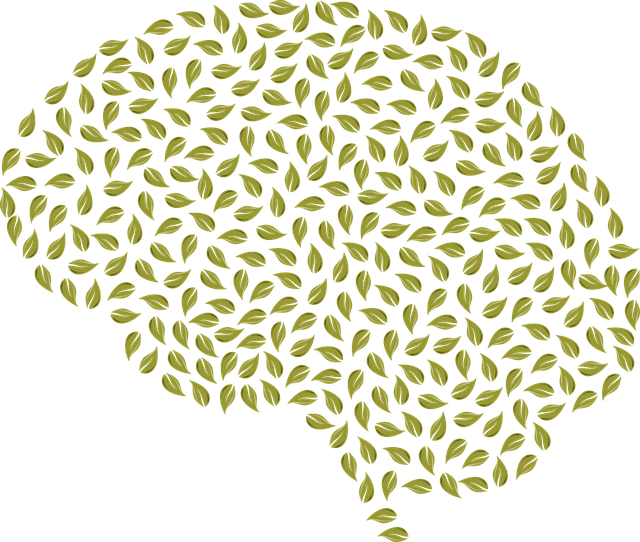Understanding group dynamics is essential for facilitating effective mental wellness sessions, including Superior Alcohol Abuse Therapy. Creating safe spaces through open communication, active participation, and non-judgmental environments enhances healing and growth. Facilitators should employ techniques like active listening and reflective summarizing, empathy building, and emotional intelligence to foster resilience, confidence, and risk management skills. Encouraging active engagement, peer support, and tailored activities contributes to a positive atmosphere, ensuring every participant feels valued and motivated. Measuring the impact through surveys, feedback, and interviews guides improvements in facilitation and ensures participants benefit from sessions tailored to challenges like alcohol abuse. Cultural competency training for healthcare providers is crucial for addressing diverse needs within group settings.
Mental wellness group facilitation plays a pivotal role in enhancing individual recovery, especially in combating issues like alcohol abuse. This article guides facilitators through essential techniques for leading effective group sessions. We explore understanding group dynamics, creating safe spaces, encouraging active participation, and measuring progress. By implementing these strategies, mental health professionals can significantly improve outcomes, offering a superior therapy experience that fosters community and healing, particularly relevant in addressing alcohol abuse.
- Understanding Group Dynamics for Effective Facilitation
- Strategies to Foster a Safe and Supportive Environment
- Techniques for Encouraging Active Participation and Engagement
- Measuring and Enhancing the Impact of Group Sessions
Understanding Group Dynamics for Effective Facilitation

Understanding group dynamics is a cornerstone for effective mental wellness facilitation. Group therapy sessions create a unique environment where individuals share experiences, gain insights, and offer support to one another—a powerful dynamic that can enhance healing and growth. As a facilitator, recognizing and leveraging these interactions is key. By fostering open communication, creating a safe space, and encouraging active participation, facilitators can guide the group towards meaningful conversations that promote mental wellness. This involves understanding individual personalities, managing diverse opinions, and navigating sensitive topics with care.
Effective facilitation requires a nuanced approach that balances structure with flexibility. Setting clear goals and boundaries establishes a sense of order while allowing for organic exploration. For instance, a structured agenda can include icebreakers to build camaraderie, guided discussions on specific themes, and opportunities for reflective sharing. Such techniques not only enhance engagement but also support participants in building resilience, boosting confidence, and managing risks associated with mental health challenges, such as those often treated in superior alcohol abuse therapy settings. Additionally, trauma support services can be seamlessly integrated into group sessions to cater to individuals’ unique needs.
Strategies to Foster a Safe and Supportive Environment

Creating a safe space is paramount when facilitating mental wellness groups. This involves establishing clear boundaries and ground rules from the outset to ensure every participant feels heard, respected, and valued. Facilitators should encourage active participation while also fostering an atmosphere of non-judgement, promoting open dialogue through techniques such as active listening and reflective summarizing.
Embracing empathy building strategies and emotional intelligence can greatly enhance group dynamics. This includes validating individuals’ feelings, reflecting on their experiences, and acknowledging their unique perspectives. By implementing these approaches, facilitators can help members build resilience, strengthen coping mechanisms, and develop a sense of belonging—all vital components in the journey towards superior alcohol abuse therapy and depression prevention.
Techniques for Encouraging Active Participation and Engagement

Encouraging active participation is vital for creating an engaging and therapeutic environment in mental wellness groups. Facilitators can employ various techniques to foster a sense of involvement and ownership among group members, enhancing the overall effectiveness of Superior Alcohol Abuse Therapy. One powerful approach is to encourage open dialogue and peer support. Creating a safe space where individuals feel comfortable sharing their experiences and insights empowers them to actively engage with the material and each other. This interactive dynamic not only promotes emotional well-being promotion techniques but also builds a sense of community within the group.
Additionally, facilitators can incorporate confidence-boosting activities tailored to the group’s needs. Healthcare provider cultural competency training emphasizes understanding diverse backgrounds and incorporating inclusive practices. By designing exercises that challenge individuals to step outside their comfort zones, while respecting individual boundaries, facilitators can help members build resilience and self-assurance. These techniques contribute to a positive and dynamic group atmosphere, ensuring every participant feels valued and motivated to actively participate in their journey towards mental wellness.
Measuring and Enhancing the Impact of Group Sessions

Measuring the impact of group sessions is crucial for any mental wellness program, as it helps to ensure that participants are gaining the benefits intended and guides improvements in facilitation techniques. This can be done through various methods, such as pre- and post-session surveys, feedback forms, or structured interviews. By collecting data on participants’ perceptions of their emotional well-being, coping skills, and overall satisfaction, facilitators can assess the effectiveness of the group dynamics and individual contributions.
Enhancing the impact goes hand in hand with measurement. Facilitators can employ strategies like incorporating interactive activities, fostering open discussions, and encouraging peer support to strengthen the therapeutic environment. Moreover, integrating topics relevant to specific challenges, such as alcohol abuse (as seen in Superior Alcohol Abuse Therapy), resilience building, and mental health policy analysis and advocacy, can empower participants to apply learned skills in their daily lives. Healthcare provider cultural competency training is also beneficial for creating inclusive spaces that address diverse needs within the group setting.
Mental wellness group facilitation plays a pivotal role in creating a supportive environment, encouraging active participation, and enhancing therapeutic outcomes. By understanding group dynamics, fostering safety, and employing effective engagement strategies, facilitators can revolutionize mental health support. The techniques outlined, including strategies for active participation and measuring impact, provide a roadmap for superior alcohol abuse therapy and beyond, ensuring that every individual receives the care they need to navigate their mental wellness journey successfully.













